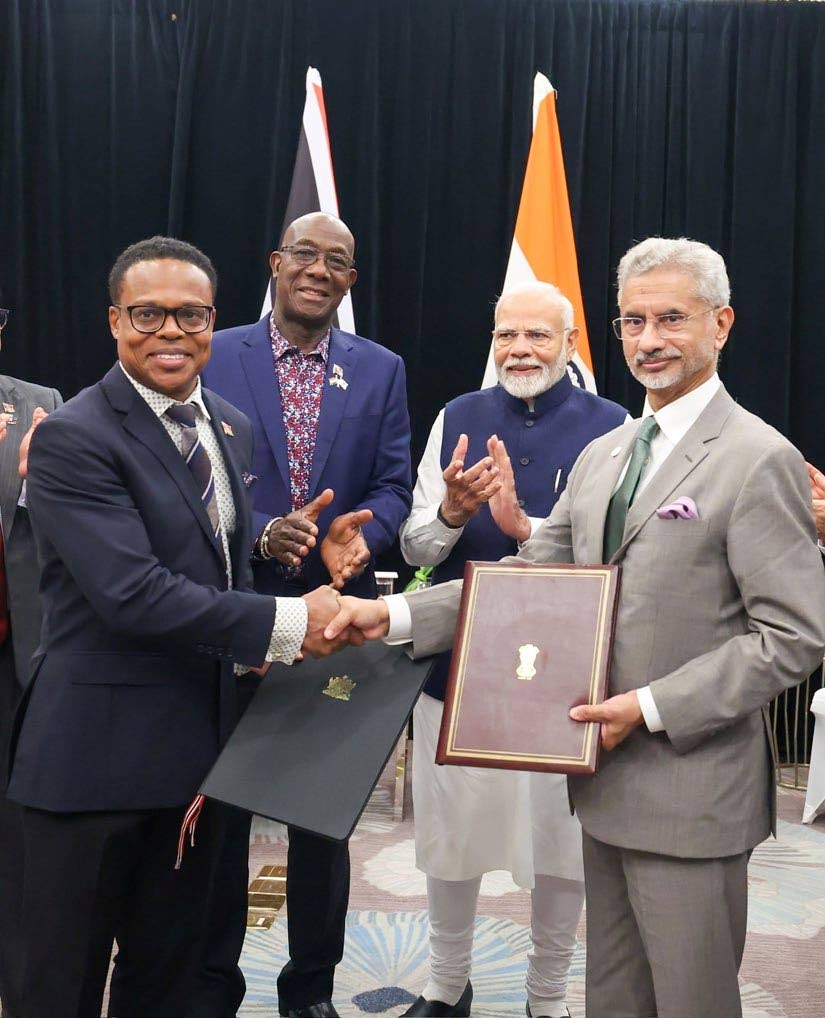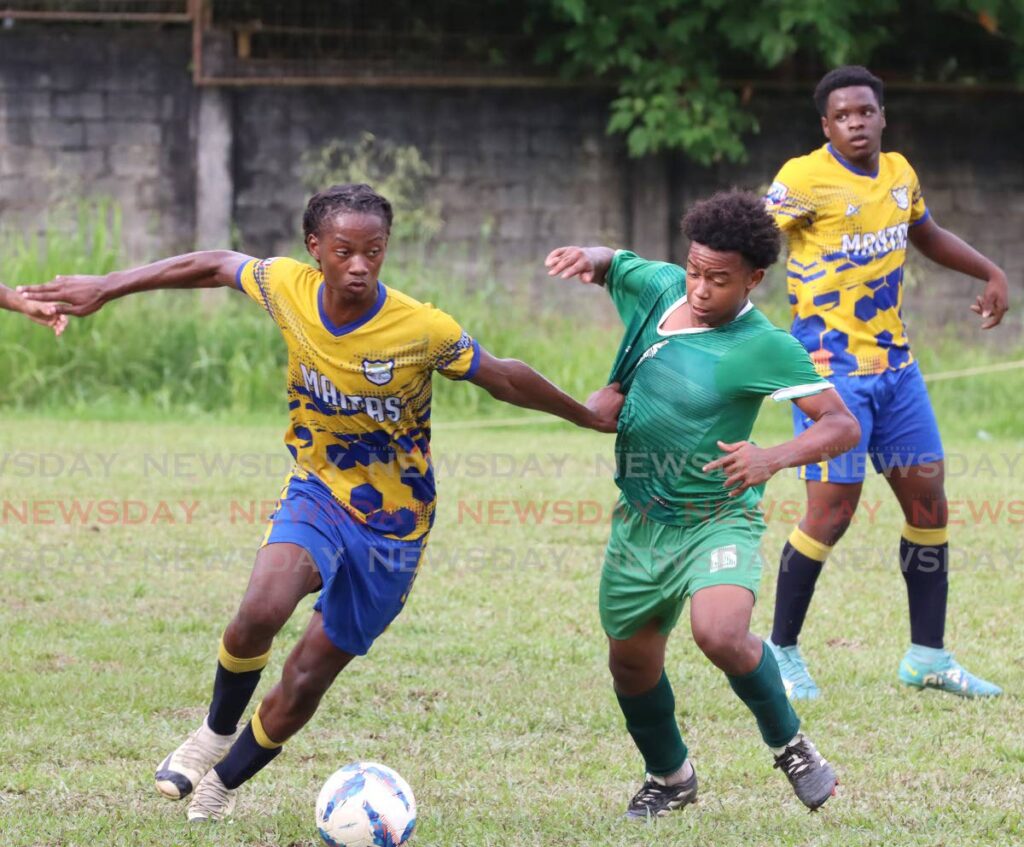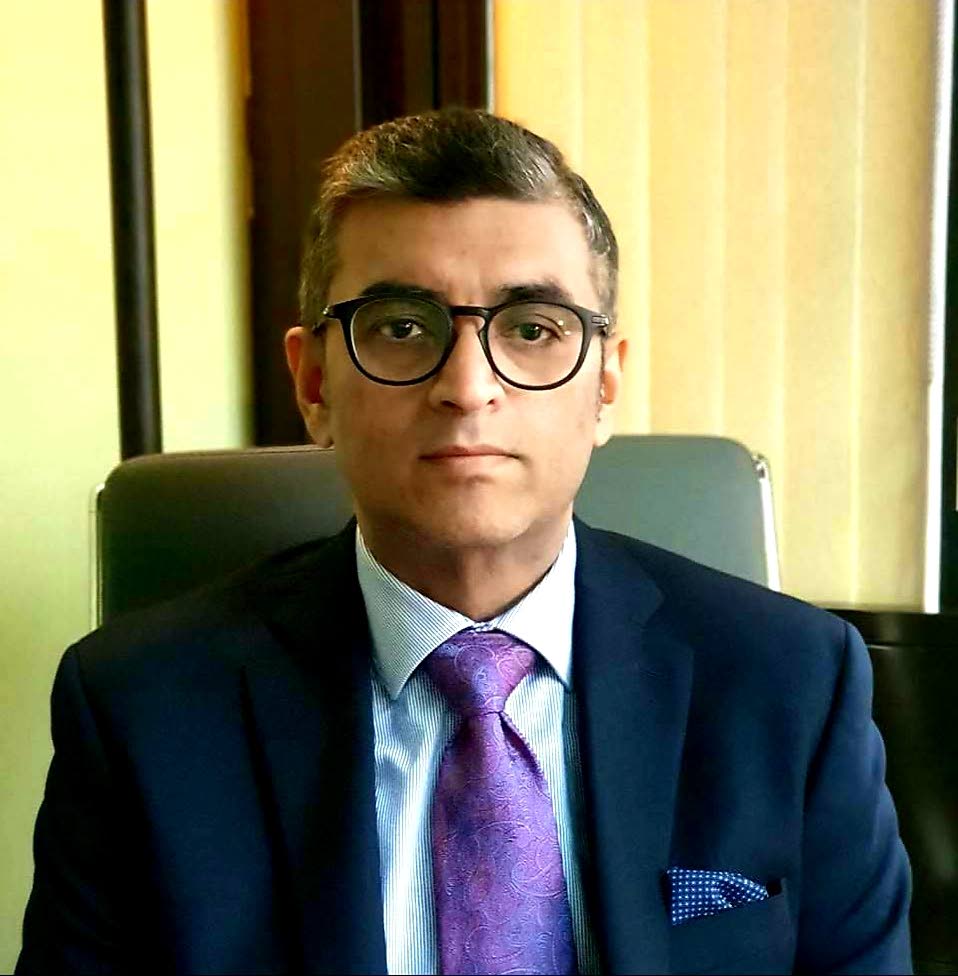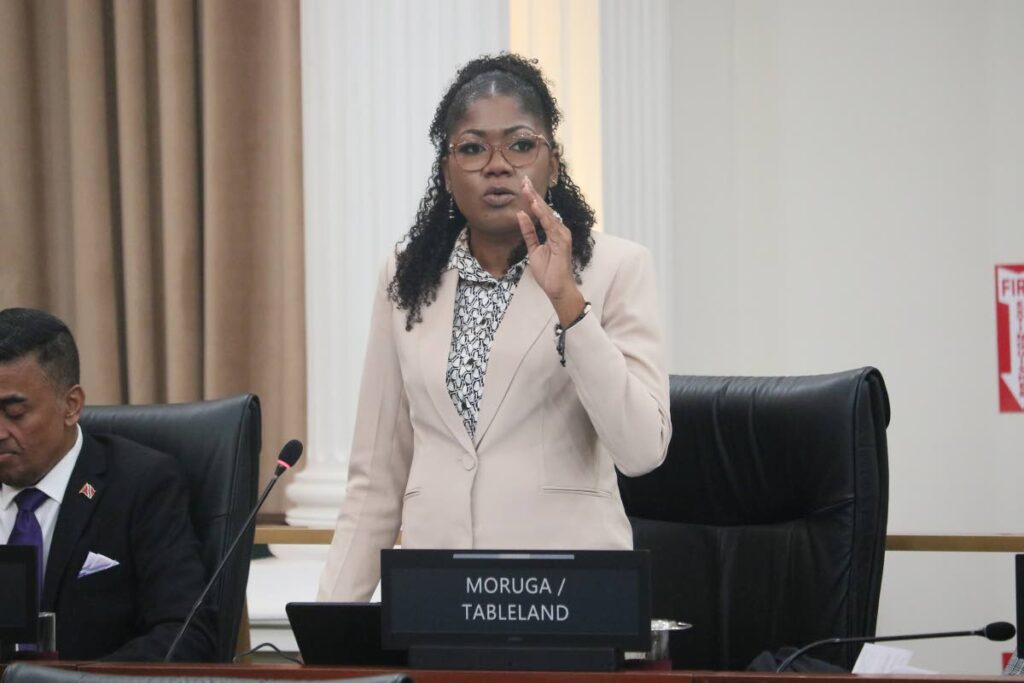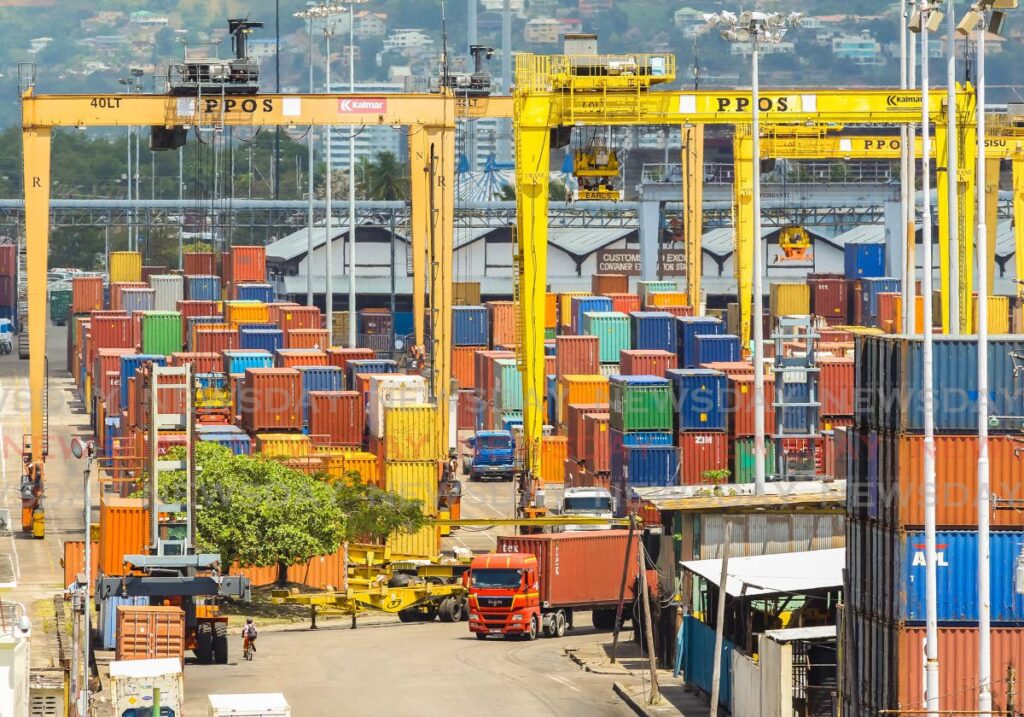Russia and Caribbean trade unions
Written by Newsday on October 10, 2024

IN THE 20th century, the Russian/Communist influence among trade unions was a cause of concern among some governments. The former British West Indian colonies were a battleground of radical and revolutionary ideologies.
The contribution of the Caribbean Labour Congress (CLC) to Caribbean development was restricted by international political forces which at the end of the Second World War (in 1945) severely undermined labour unity in the Caribbean. The Caribbean colonies were caught in the intense ideological struggle between the two superpowers (Russia and US) during the Cold War.
By the mid-1930s, trade unionism had become the most powerful movement in the world, with well-established entities in England, Germany, France, Italy, Russia and the US. It was inevitable that leaders in Washington, the Kremlin and London would be keen to foster alliances and manipulate the Caribbean labour movement.
Both nationalist and international labour movements were soon swallowed into the vortex of the Soviet-American diplomatic confrontation, whose objective was the control of the World Federation of Trade Unions (WFTU). In the aftermath of the Paris Congress (September 25, 1945), when the WFTU was founded, it was reported by the US Embassy in Moscow that the Soviet delegates in Paris, as well as the Soviet press, that there would be no separation between trade-union activities and political goals.
From 1945-1949, the WFTU was part of an intense engagement in bipolar politics. The domination of the WFTU by Russia and her allies meant that Washington and the American Federation of Labor (AFL) would depict the WFTU as a Soviet foreign-policy instrument.
The State Department and the AFL responded with their own strategies to create a pro-American or international network of anti-communist labour unions. The split in international labour was inevitable, as in 1949, British, Dutch and American unions, along with other non-communist organisations, withdrew from the WFTU and formed the rival International Confederation of Trade Unions (ICFTU).
These global developments and propaganda influenced and infiltrated local trade unions and the regional CLC. Indeed, divisions were deepening in the CLC along ideological lines shaped by the Cold War. The polarisation in the WFTU was mirrored in the ideological differences among the officers of the congress.
Richard Hart of Jamaica (a socialist and anti-imperialist) served as secretary of the congress and supported fully responsible government for TT and the other West Indian colonies. His stance was in accordance with the objectives of the Bridgetown and Kingston conferences of the CLC in 1945 and 1947 respectively.
On the other hand, Albert Gomes (a former vice-president of the CLC) opposed full responsible government for the colonies and thereby deviated from the most significant recommendation of the CLC.
Grantley Adams, president of the CLC, maintained a pro-colonial stance, much to the delight of the Colonial Office, which needed the Caribbean delegates to defend British colonial policy in the decolonisation debate in Paris in October 1948.
Polarisation in labour was reflected not only at the executive level of the CLC, but also in the local trade-union movement in the colonies. In TT, the OWTU and its leadership (John Rojas and Ralph Mentor) were accused of belonging to the communist camp and in Jamaica, Alexander Bustamante and his Jamaica Labour Party were considered anti-communist, although neither was affiliated with the WFTU nor the CLC.
Much to the dismay of the Colonial Office and the British Trades Union Congress (TUC), not all the Caribbean unions were willing to join the ICFTU.
The powerful OWTU and FWTU in Trinidad preferred affiliation with the communist-dominated WFTU. They justified their position on the grounds that for decades the British TUC was apathetic in promoting affiliation between the TUC and colonial trade unions. Also, in the 1930s, the TUC failed to effectively identify with Caribbean working-class organisations against the powerful government-capitalist coalition in the struggle for official recognition and improved standards of labour. Therefore, the offer of financial assistance, as promised by labour commissioner Solomon Hochoy, was an inadequate incentive to persuade the local unions to withdraw from the WFTU.
Indeed, Britain and the US, in pursuit of their Cold War policy, recognised the strategic importance of Caribbean trade unions in their offensive against international communism. US geopolitics insisted that there be no satellite of Russian politics in the Caribbean.
It is evident that exigencies of international politics and the parochialism in local politics created forces in the Caribbean which contributed to the decline and ultimate collapse of Caribbean federalism both at the constitutional and labour levels.
The post Russia and Caribbean trade unions appeared first on Trinidad and Tobago Newsday.
